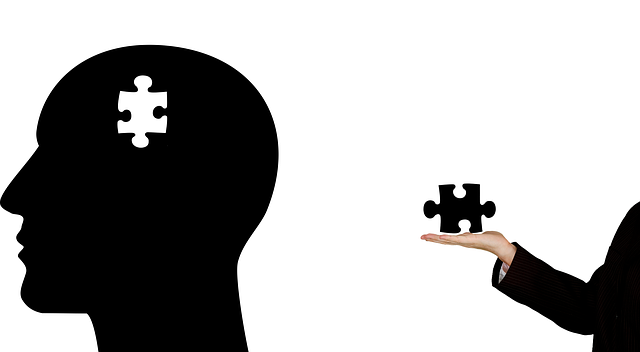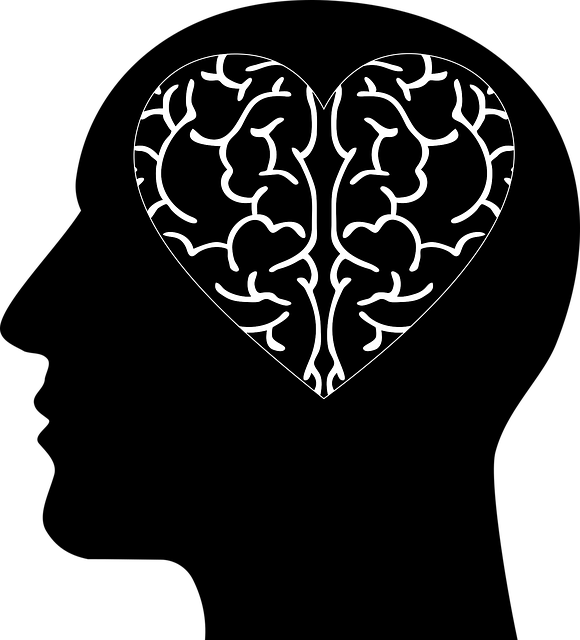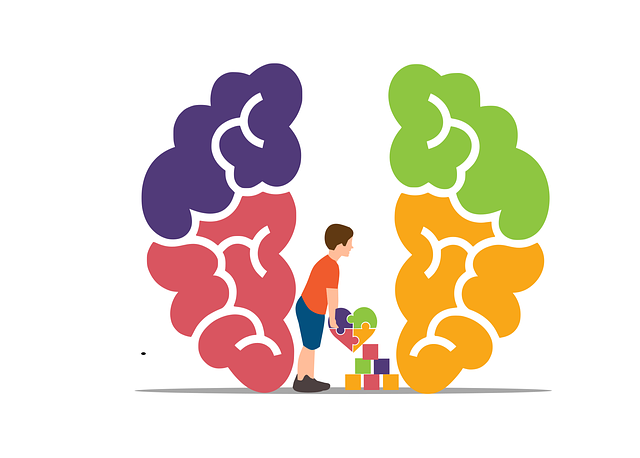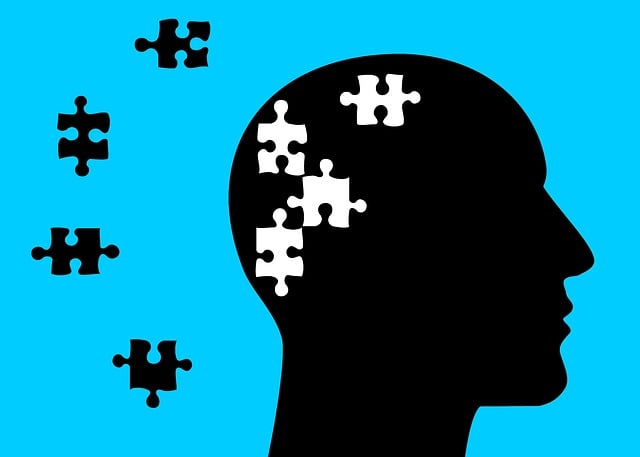The text discusses the stigma surrounding mental illness in Arvada, which hinders young adults from seeking therapy. It proposes solutions such as open conversations, self-care practices, and trained healthcare providers to reduce this barrier. Arvada Young Adults Therapy (AYAT) is highlighted as a leading program combatting mental health stigma through innovative services like Mind Over Matter principles, Compassion Cultivation Practices, mood management, and safe dialogue spaces, making it a crucial community resource.
Mental illness stigma significantly hinders individuals from seeking help, leading to prolonged suffering. This article delves into strategies aimed at reducing mental health stigma, focusing on young adults. We explore the profound impact of stigma and its detrimental effects on mental well-being. Furthermore, we highlight the crucial role of Arvada Young Adults Therapy in challenging these societal barriers, providing a supportive environment for vulnerable populations to heal and thrive.
- Understanding Stigma and Its Impact on Mental Health
- Strategies for Reducing Stigma in Young Adult Populations
- The Role of Arvada Young Adults Therapy in Challenging Stigma
Understanding Stigma and Its Impact on Mental Health

Stigma surrounding mental illness is a significant barrier to individuals seeking help and support. It often manifests as negative attitudes, beliefs, and stereotypes that can severely impact those dealing with mental health challenges. This societal stigma can lead to isolation, discrimination, and even self-stigma, where individuals internalize these negative perceptions, affecting their self-worth and willingness to disclose their struggles. Many people facing mental health issues suffer in silence due to the fear of judgment or loss of respect from peers, families, and communities.
For young adults in Arvada seeking therapy, understanding and combating stigma is crucial for their recovery journey. Encouraging open conversations about mental health and promoting self-care practices can help reduce the impact of stigma. Additionally, training healthcare providers on cultural competency ensures that individuals from diverse backgrounds receive sensitive care. Incorporating positive thinking strategies into self-care routines can further empower young adults to challenge stigmatized beliefs and foster a more supportive environment for their well-being.
Strategies for Reducing Stigma in Young Adult Populations

Reducing stigma around mental illness is a critical aspect of fostering open conversations and encouraging young adults to seek help. For Arvada’s young adult population, tailored strategies can make a significant impact. One effective approach involves education and awareness campaigns that dispel myths and provide accurate information about mental health conditions. This can be achieved through engaging workshops and seminars led by professionals or peer support groups where personal experiences are shared.
Additionally, involving local community centers, schools, and universities in these initiatives can help normalize discussions around mental wellness. Offering accessible resources like Stress Management Workshops or Trauma Support Services not only equips young adults with coping mechanisms but also demonstrates a commitment to their well-being. Even implementing basic Risk Management Planning for Mental Health Professionals can ensure a safe and supportive environment, thereby reducing potential barriers to accessing therapy.
The Role of Arvada Young Adults Therapy in Challenging Stigma

Arvada Young Adults Therapy (AYAT) plays a pivotal role in challenging and reducing the stigma associated with mental illness among young adults. Through innovative programs and services, AYAT is dedicated to destigmatizing mental health concerns by fostering understanding and empathy within the community. The therapy center employs Mind Over Matter principles, encouraging clients to reframe their perspectives on mental wellness. By integrating Compassion Cultivation Practices into their therapeutic approaches, AYAT helps individuals cultivate kindness and acceptance towards themselves and others, thereby dismantling internalized stereotypes.
Moreover, the center offers specialized support for mood management, equipping young adults with effective coping strategies and resilience-building techniques. These holistic methods not only address the symptoms of mental illness but also empower individuals to become advocates for their own well-being. By providing safe spaces for open dialogue and shared experiences, AYAT facilitates meaningful connections, breaking down societal barriers and fostering a supportive environment where mental health conversations thrive.
Mental illness stigma is a pervasive issue, but with concerted efforts like those employed by Arvada Young Adults Therapy, progress is being made. By understanding the profound impact of stigma on mental health and implementing targeted strategies, we can create a more inclusive society for young adults facing challenges. Continued education, advocacy, and accessible resources are key to breaking down barriers and fostering support systems that encourage open conversations about mental wellness.














